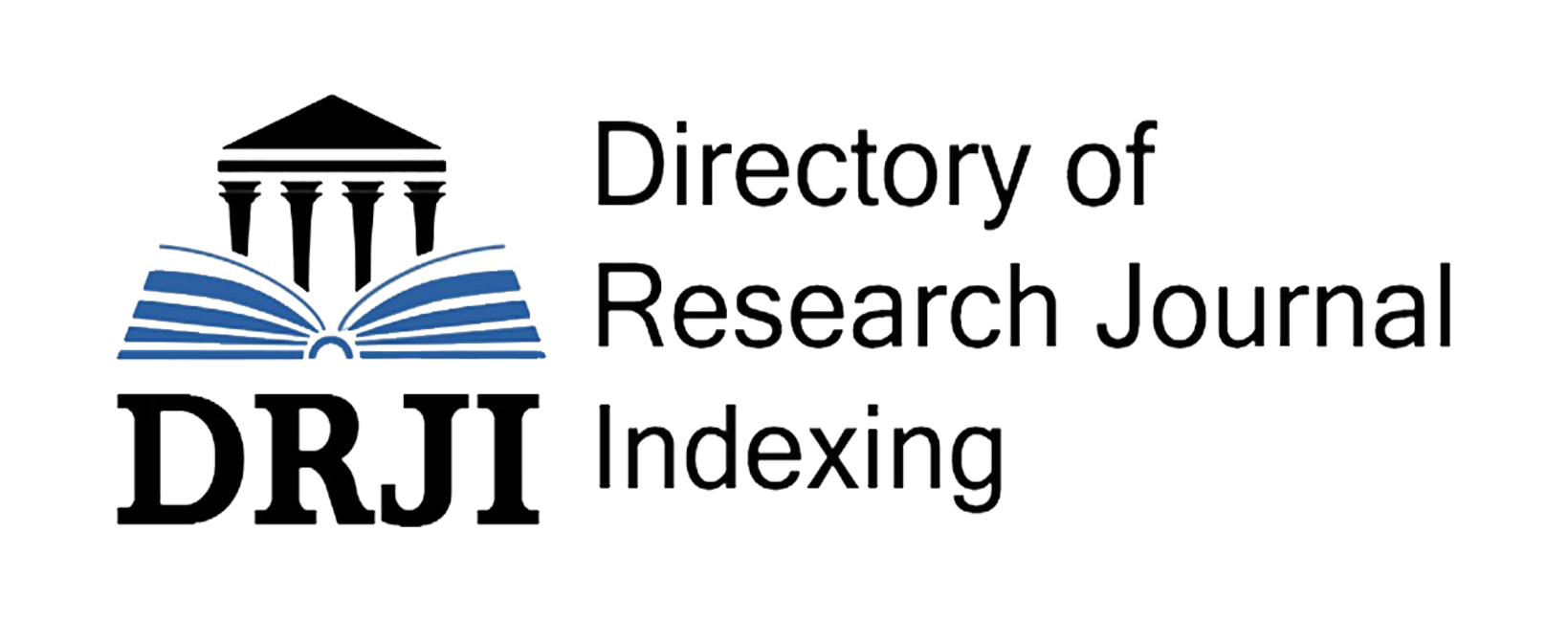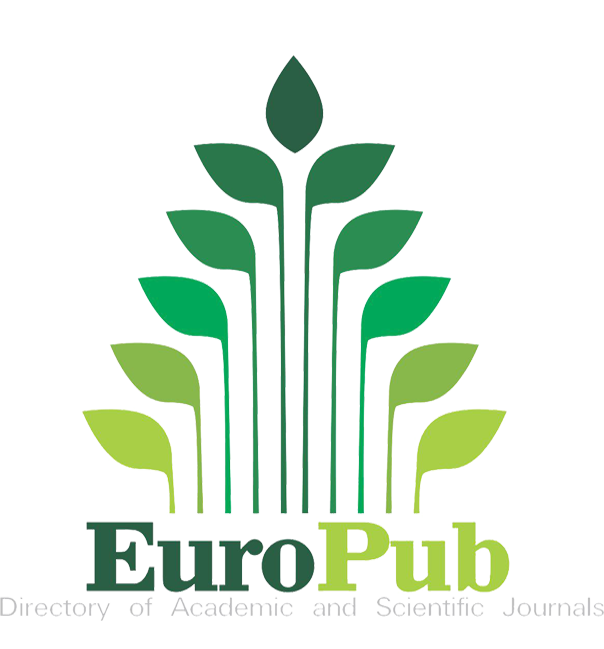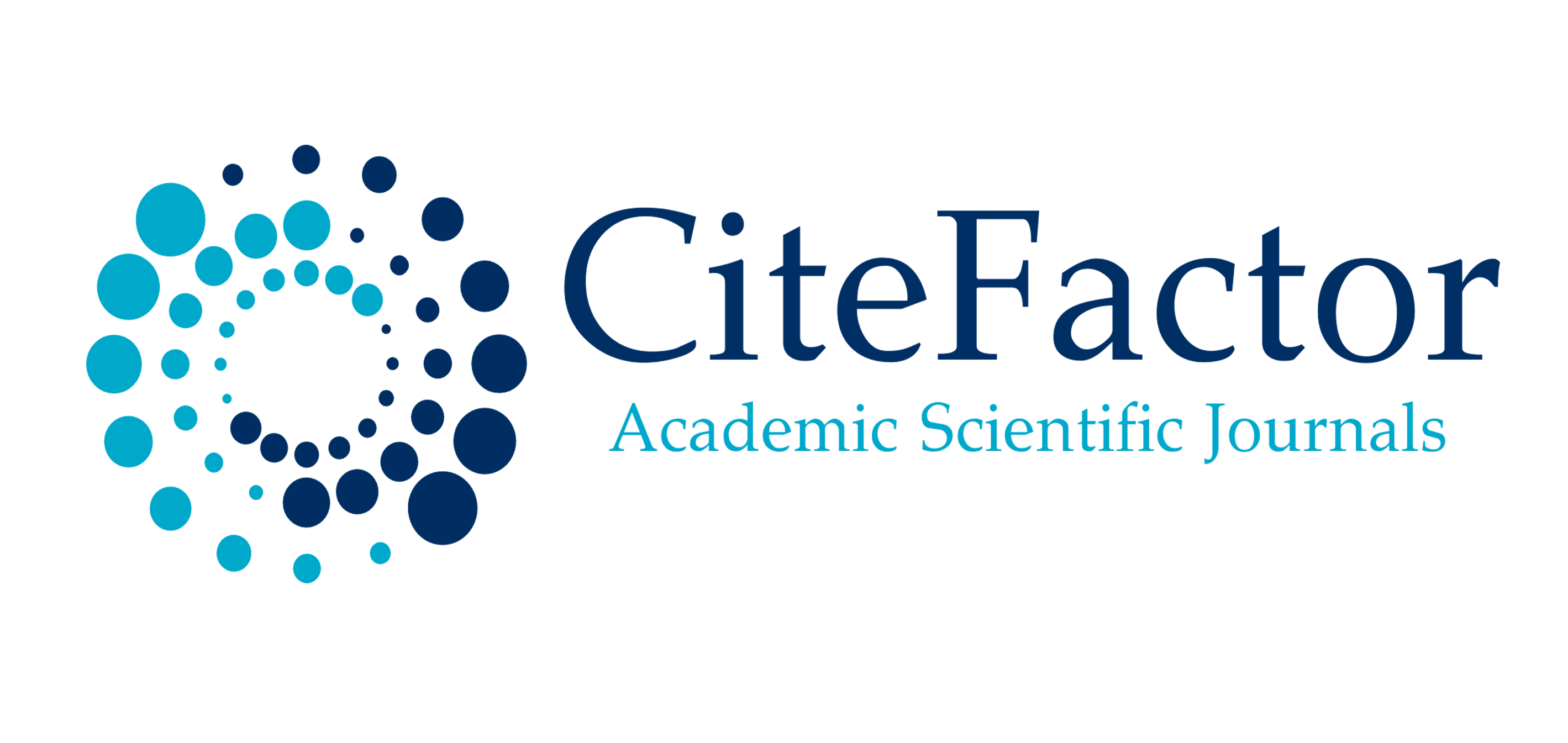SOCIAL, COGNITIVE AND CULTURAL ASPECTS OF LANGUAGE USE AND ACQUISITION, DRAWING ON RESEARCH FROM VARIOUS DISCIPLINES SUCH AS LINGUISTICS, PSYCHOLOGY AND SOCIOLOGY
Keywords:
language use, language acquisition, critical analysis, pragmatics, discourse analysis, language and thought, intercultural communication, social factors, cognitive factors, cultural factorsAbstract
This article provides a critical analysis of language use and language acquisition, exploring their intricate relationship and shedding light on key theoretical and empirical debates in the field. Drawing upon research from various disciplines, including linguistics, psychology, and sociology, the article examines the social, cognitive, and cultural aspects of language use and acquisition. It delves into the complexities of language as a multifaceted phenomenon that both shapes and is shaped by individual and social factors. The critical analysis encompasses topics such as pragmatics, discourse analysis, language and thought, and intercultural communication, among others. By critically examining these areas, the article aims to deepen our understanding of how language is used, acquired, and experienced, and to foster insights into language-related issues in diverse contexts.
References
Butler, Y. G. (2013). Positioning ethnographic perspectives on classroom discourse. Anthropology & Education Quarterly, 44(1), 22-29.
Hornberger, N. H., & Johnson, D. C. (2007). Slicing the onion ethnographically: Layers and spaces in multilingual language education policy and practice. TESOL Quarterly, 41(3), 509-532.
Kumaravadivelu, B. (2006). TESOL methods: Changing tracks, challenging trends. TESOL Quarterly, 40(1), 59-81.
Mahboob, A., & Paltridge, B. (2013). Critical discourse analysis: Focus on context in TESOL. TESOL Quarterly, 47(2), 300-307.
McKay, S. L., & Wong, S. L. (1988). Language socialization in a third space: Understanding student agency in language learner identities. Journal of Language, Identity, and Education, 5(4), 271-281.
Abidovna, A. S. (2024). FORMATION AND DEVELOPMENT OF CAREER AS PERSONNEL TECHNOLOGY OF HUMAN RESOURCE MANAGEMENT. Gospodarka i Innowacje., (45), 327-332.
Abidovna, A. S. (2024). THE IMPACT OF E-ACCOUNTING IN MODERN BUSINESSES.
Abidovna, A. S. (2023). Priority directions of analysis of channels of promotion of the main activity of the enterprise and separate communication programs. Gospodarka i Innowacje., 42, 369-374.
Алимова, Ш. А., & Халимова, Д. Р. (2021). СОЦИАЛЬНО-ЭКОНОМИЧЕСКАЯ СУЩНОСТЬ СТРАТЕГИЙ ИНВЕСТИЦИОННОЙ ПОЛИТИКИ РЕСПУБЛИКИ УЗБЕКИСТАН. In Современные проблемы социально-экономических систем в условиях глобализации (pp. 340-344).
Abidovna, A. S. (2023). MONTE CARLO MODELING AND ITS PECULIARITIES IN THE IMPLEMENTATION OF MARKETING ANALYSIS IN THE ACTIVITIES OF THE ENTERPRISE. Gospodarka i Innowacje., 42, 375-380.
Abidovna, A. S. (2024). THE ROLE OF INFORMATION TECHNOLOGY IN THE PERSONNEL MANAGEMENT SYSTEM.
Alimova, S. A., & Khaitov, V. S. (2022). ON THE WAY OF TOURISM DEVELOPMENT IN UZBEKISTAN APPLICATION OF ELECTRONIC MARKETING STRATEGIES OPPORTUNITIES. PEDAGOGICAL SCIENCES AND TEACHING METHODS, 303.
Alimova, S. (2023). THE CONCEPT AND TASKS OF A MODERN MANAGEMENT SYSTEM ENTERPRISE PERSONNEL. Modern Science and Research, 2(12), 1085-1090.
Abidovna, A. S. (2023). MODERN TRENDS IN MANAGEMENT STRATEGIES AND THEIR APPLICATION IN COMMERCIAL BANKS. Gospodarka i Innowacje., 41, 326-332.
Ахмедова, Ф. М. (2020). Подход восточных мыслителей к проблеме формирования личностных и профессиональных качеств у молодого поколения. Журнал социальных исследований, 3(3).
Medetovna, A. F. (2018). A Formation of Professional Competence At Future Pharmacists. Asian Studies, 36(2), 1-5.
Buvabaevna, K. H., & Medetovna, A. F. Development And Preservation Of Karakalpak Ethnic Culture. Multidisciplinary Approaches in the Current Times, 63, 63-70.
Medetovna, A. F. (2021). Harmonization of professional and personal competencies in future pharmaceutical personnel. Thematics Journal of Sociology, 5(2).
Akhmedova, F., & Rozikova, R. (2021). THE UNIVERSITY TEACHERS’PERCEPTIONS OF PEER OBSERVATION. EurasianUnionScientists, 4-9.
Ахмедова, Ф. М. (2021). ATTITUDE OF YOUNG PEOPIE TO EDUCATION. ЖУРНАЛ СОЦИАЛЬНЫХ ИССЛЕДОВАНИЙ, 4(4).
Akhmedjanova, D., & Akhmedova, F. (2022). Transition to online learning in Uzbekistan: Case of teaching academic English at Westminster International University in Tashkent. In International Perspectives on Teaching and Learning Academic English in Turbulent Times (pp. 130-140). Routledge.
Sh, Y. (2017). Modern information technologies in Uzbek language teaching. Lecture notes.
Kutlimuratova, D. A., & Yuldasheva, S. S. (2023). TIL TA’LIMIDA QUIZIZZ PLATFORMASINING IMKONIYATLARIDAN SAMARALI FOYDALANISH. QUALITY OF TEACHER EDUCATION UNDER MODERN CHALLENGES, 1(1), 457-468.
Юлдашева, Ш. Ш., & Уразбаева, Д. А. (2017). PROVIDE WITH DIDACTIC FACILITIES IN THE PROCESS OF TEACHING NATIVE LANGUAGE. Актуальные научные исследования в современном мире, (5-1), 140-145.
Shukurlaevna, Y. S. (2022). IMPROVING THE METHODOLOGY OF DEVELOPING STUDENTS'METALINGUISTIC COMPETENCES. American Journal of Interdisciplinary Research and Development, 9, 170-174.
Eshboy, K., & Shukurlaevna, Y. S. (2021). Statistical and Semantic Parameters of Attributive Compounds-Means to Differentiate Uzbek Literary Language. American Journal of Social and Humanitarian Research, 2(9), 40-47.
Yuldasheva, S. S. (2021). The issues of digitalization of uzbek language teaching in the context of innovative education. In TÜRK DİLLƏRİNİN VƏ ƏDƏBİYYATININ TƏDQİQİ VƏ TƏDRİSİNİN AKTUAL PROBLEMLƏRİ (pp. 501-505).









